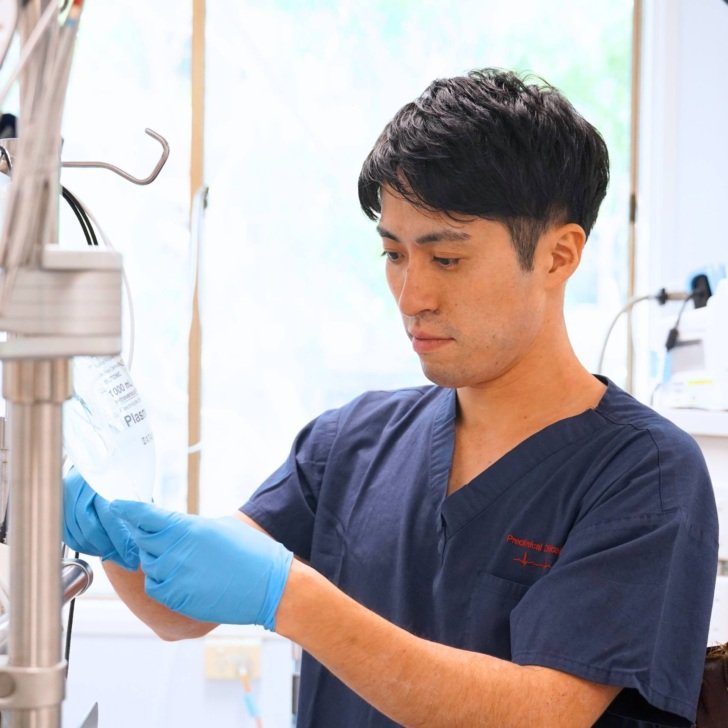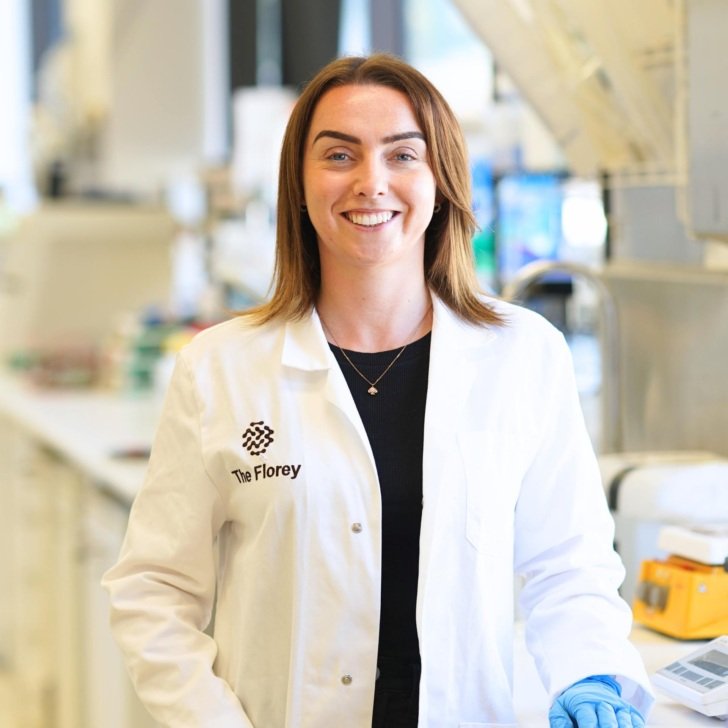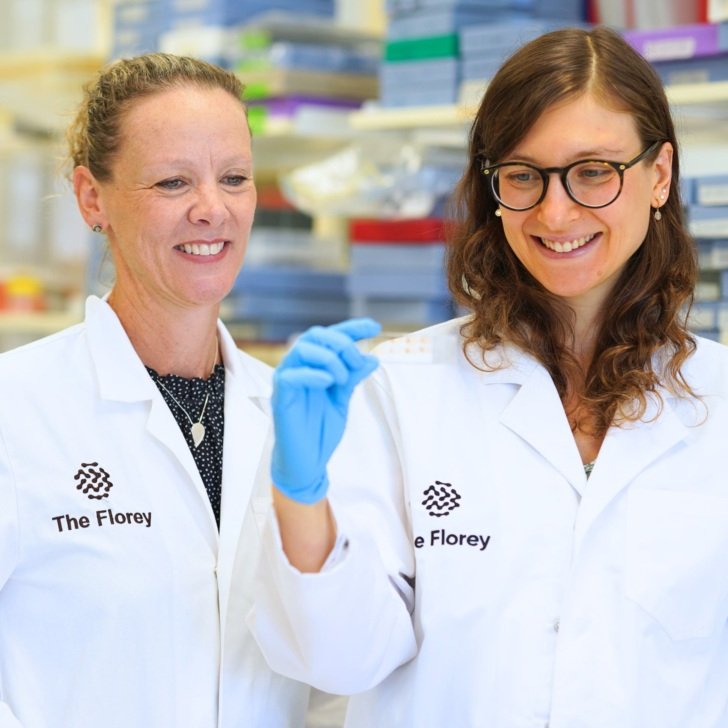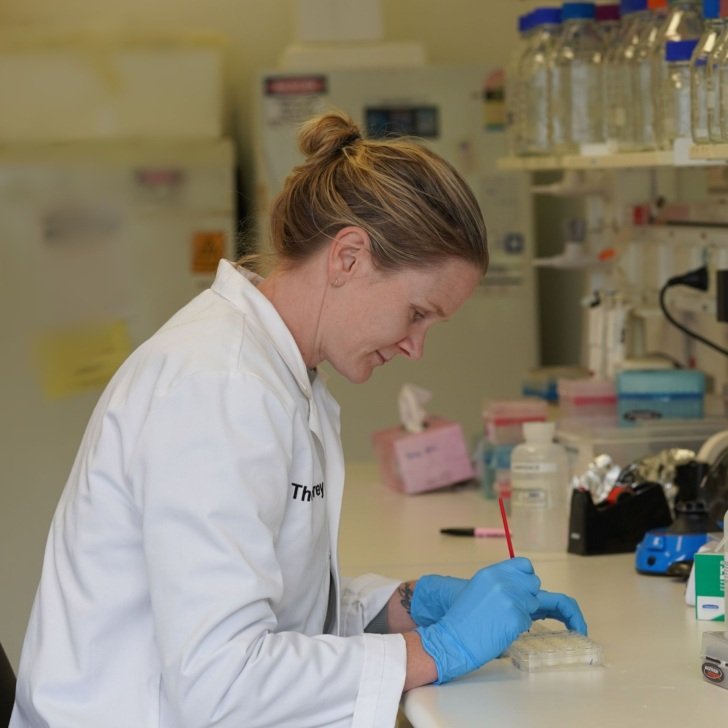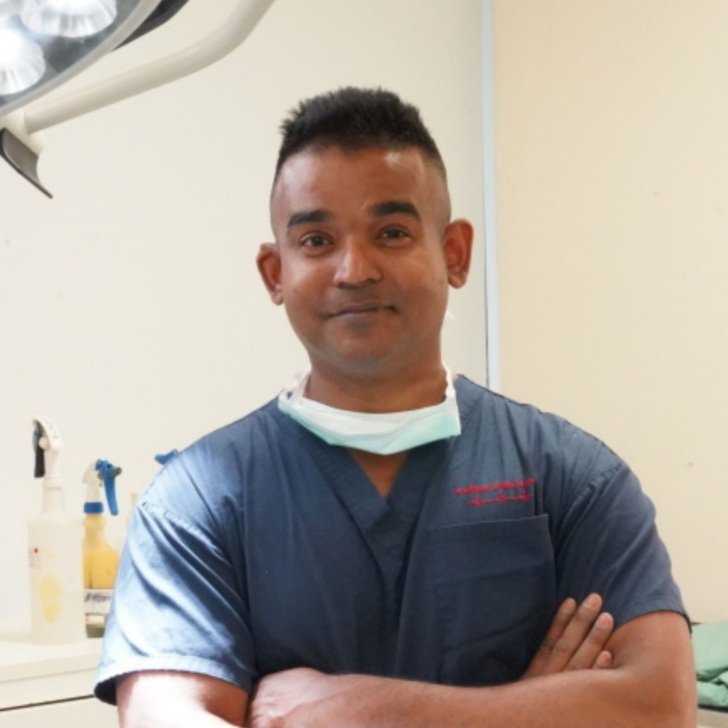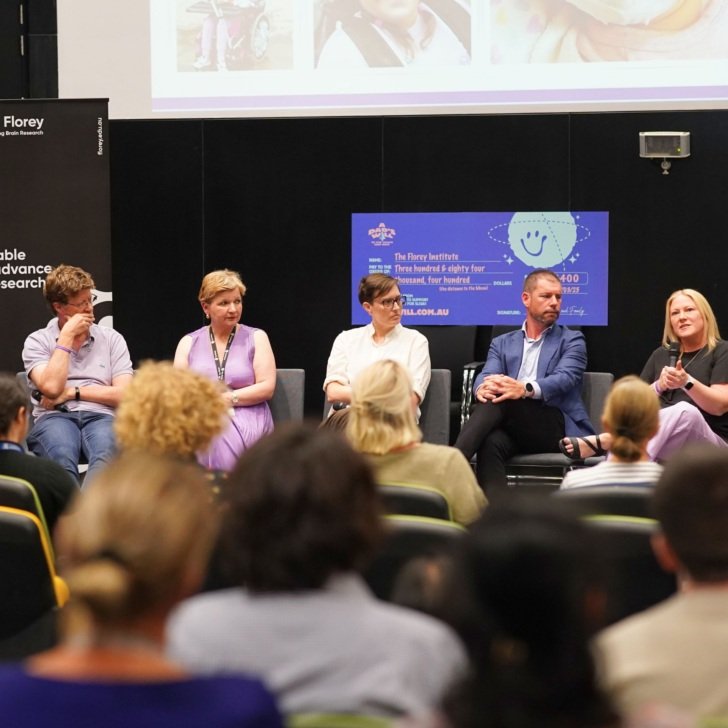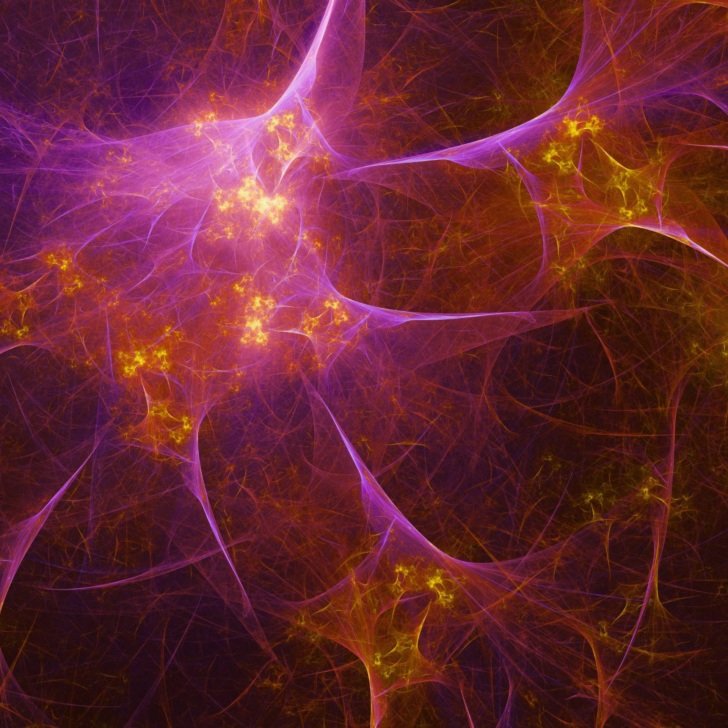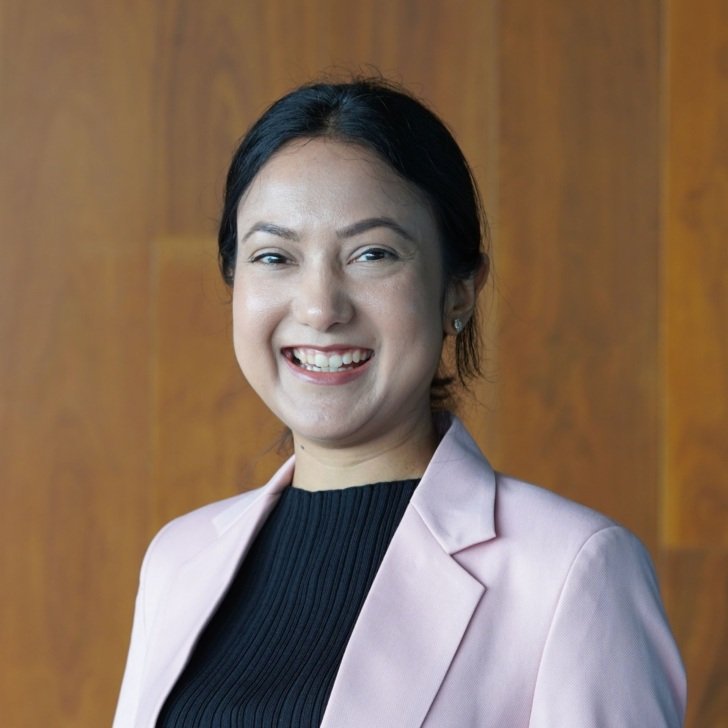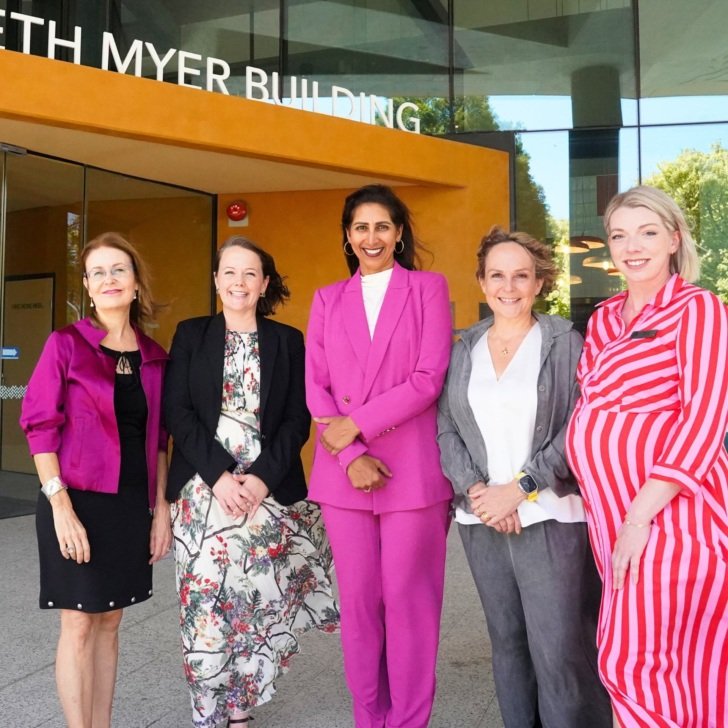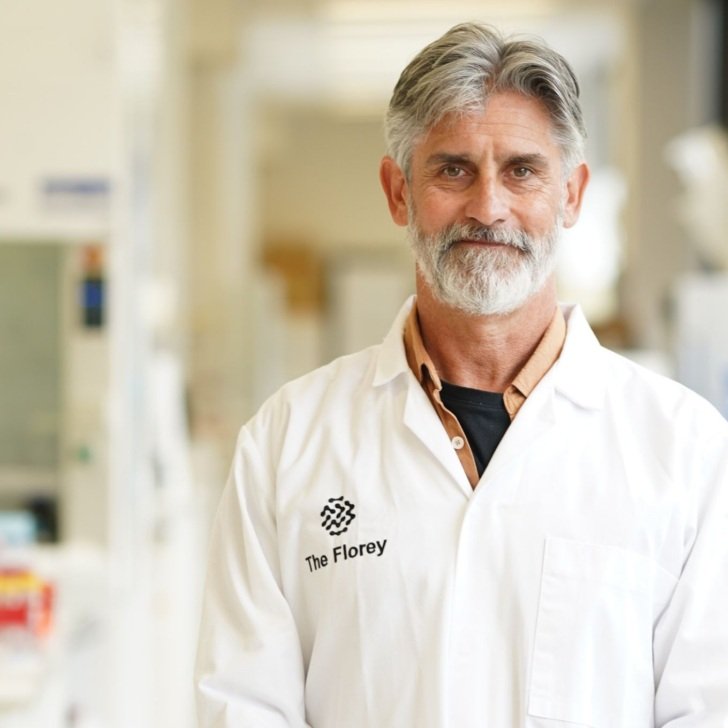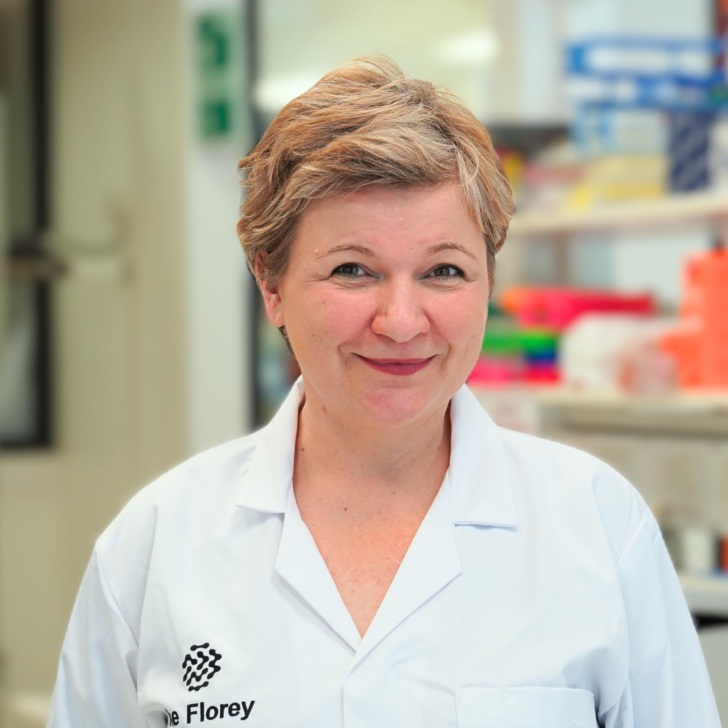- Professor Lucy Palmer has been awarded a 2025 Brain Cancer Centre grant to investigate the communication between neurons and brain tumour cells.
- The project is a collaboration between The Florey, WEHI, and clinician-researchers Dr Heidi McAlpine and Professor Kate Drummond AM from Royal Melbourne Hospital.
- The team’s findings may reveal a whole new category of possible treatments that target the activity between normal brain cells and cancer cells.
A closer look into how neurons affect brain cancer cells
Brain cancer is a devastating disease that affects 1,900 Australians every year. But despite decades of research, the survival rate of brain cancer has shifted very little.
Professor Lucy Palmer, Head of The Florey’s Neural Networks Group, will lead a new research program funded by the Brain Cancer Centre to create a greater understanding of brain cancer through a neuroscience-based approach.
Professor Palmer and the team will investigate the connection between neurons and glioma cells – the cells that form a brain tumour.
Instead of focusing simply on the tumour itself, we are investigating the role of the brain and how that may impact the cancer’s growth. It’s a paradigm shift in the way we think about brain cancer and its treatment.
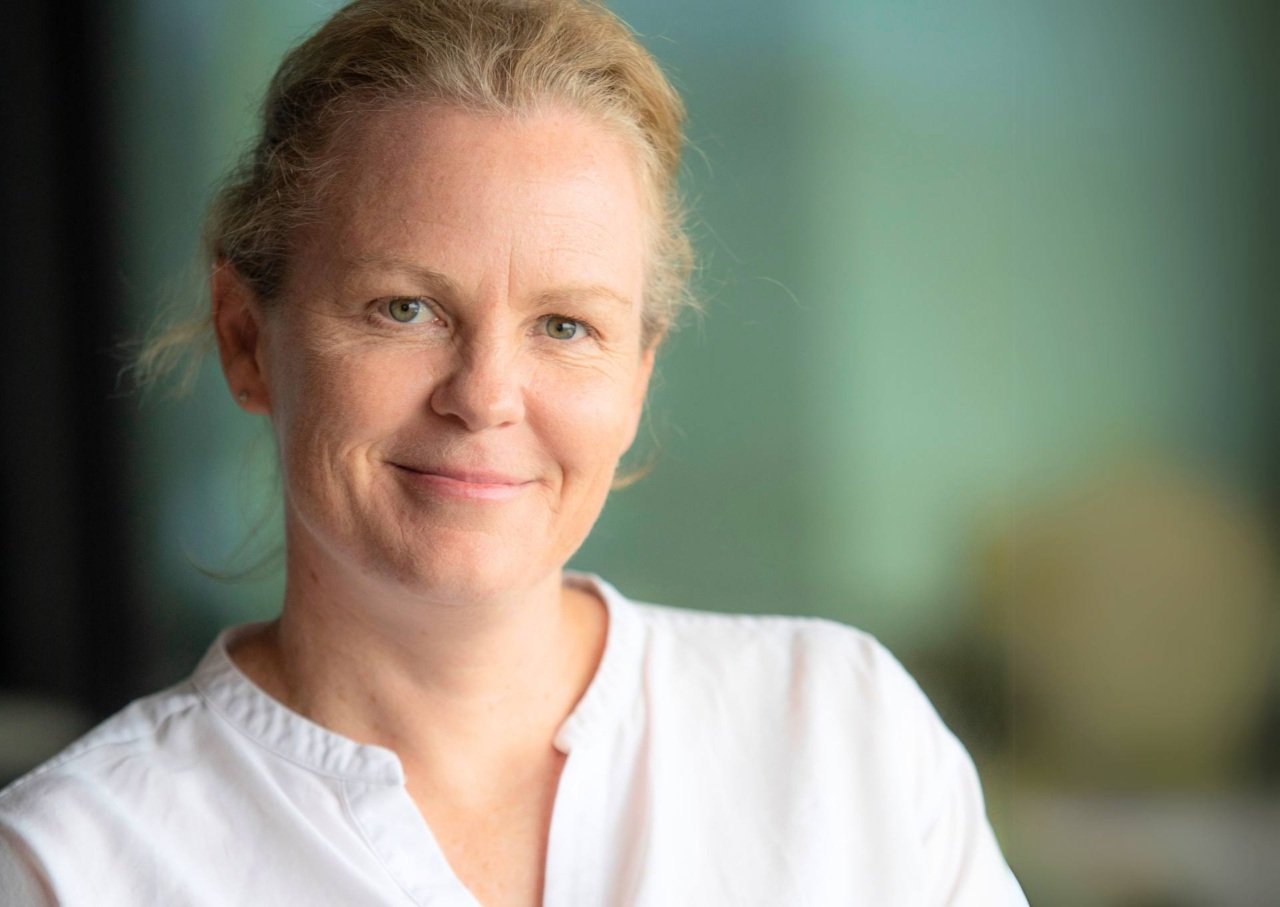
In recent years, studies have shown that glioma cells integrate into neural networks and receive direct synaptic input from neurons through the neuron-glioma synapse.
“One differentiating feature of primary brain tumours, compared to other cancers, is that they arise and exist within an electrically excitable brain,” Professor Palmer says.
“This may be a contributing factor to the limited success of current treatments for glioma, which fail to address this unique characteristic.”
There is a pressing need to improve our understanding of how glioma forms in the brain to develop better diagnostic tools and therapies.
Professor Palmer will lead a cross-disciplinary research team to investigate this pathway, which includes neurosurgeons Dr Heidi McAlpine and Professor Kate Drummond from The Royal Melbourne Hospital.
The team will use human brain tumour tissue provided from consenting patients undergoing surgery, which will help accelerate their study into the influence of living brain networks on glioma function.
Importantly, the research may reveal a whole new category of possible treatments that address this electrical communication between normal brain cells and cancer cells.
This insight may get to the heart of why brain cancers resist typical cancer therapies.
We are thrilled that our research was awarded a Brain Cancer Centre grant and excited to delve deeper into the neuroscience of brain cancer. Decoding the electrical activity and networking of brain cancer cells is central to our understanding of this complex and devastating condition.


